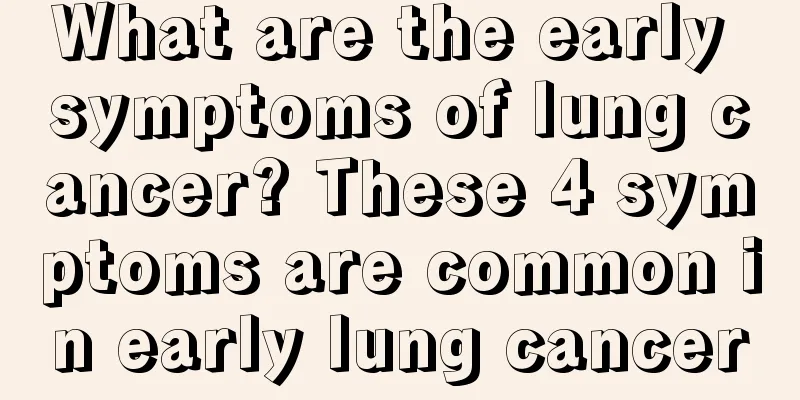What does hepatitis B turning negative mean?

|
If the hepatitis B test turns negative, it means that the surface antigen of the hepatitis B virus turns negative, which also means that the patient's hepatitis B virus has been cleared. At this time, the patient can undergo five liver function tests again. If all results turn negative, the doctor will generally recommend hepatitis B vaccination, which will allow the body to produce corresponding antibodies. What is hepatitis B negative? "Hepatitis B virus conversion to negative" means that the serum "hepatitis B virus surface antigen" or "hepatitis B virus DNA" turns negative, accompanied by "hepatitis B virus e antigen conversion to negative", and the hepatitis B virus is completely eliminated. The above two antigens, which are easily detected in the serum of hepatitis B virus carriers, are markers of hepatitis B virus. The surface antigen is the component of the virus's outer membrane, and the e antigen is the core component. The core component is necessary for virus replication. If the core component disappears, the virus stops replicating. The disappearance of surface antigens can only be achieved after the virus is completely eliminated from the human body. Therefore, among hepatitis B virus carriers, the e antigen is easier to turn negative, while the surface antigen is more difficult to turn negative and takes a longer time. Conditions Hepatitis B virus can be transmitted through several routes, including blood transmission, sexual transmission, mother-to-child transmission, and medical transmission. Some studies have shown that hepatitis B virus can enter the human body through the eyes and cause infection. Of course, this statement has not yet been recognized. When the hepatitis B virus enters the human body for the first time, whether the disease will occur depends on the number of hepatitis B viruses, the level of replication activity, and the human body's immunity. We refer to the number and activity level of hepatitis B virus[1] as infection intensity, which results in the following three situations. 1. Infection intensity <Immunity means the HBV virus is cleared by the body and the body will not get sick 2. If the infection intensity is greater than the immunity, the hepatitis B virus cannot be cleared by the body and the body becomes ill, which is clinically acute hepatitis B; 3. If the infection intensity is very strong and the body's immunity is also very strong, and the two are equal, this is a very dangerous state. The mortality rate of patients in this situation is extremely high, and it is clinically called fulminant hepatitis; |
<<: What are the side effects of formaldehyde
>>: What is the situation of pregnancy complicated with hyperthyroidism?
Recommend
Traditional Chinese medicine symptomatic treatment of patients with various types of gallbladder cancer
Nowadays, as people's understanding of health...
What are the normal values of the six female sex hormones?
The six items of female sex hormones are relative...
How long after a meal can I smoke
Many male friends are always unable to quit smoki...
What foods can effectively prevent liver cancer? These foods can effectively prevent liver cancer
Bitter melon plays an important role in human hea...
Why does my back always hurt?
In daily life, most people have had this experien...
What should I do if my skin is dry and flaky
Everyone's skin condition is different. Espec...
Seeded grapes and seedless grapes
The diversity of fruits increasingly meets people...
Is it useful to eat vegetable oil for gallbladder polyps?
Probably many people don’t know what gallbladder ...
Beware of aspiration after laryngeal cancer surgery
Aspiration is a common complication after larynge...
Postoperative care for patients with lymphoma
Many lymphoma patients need surgery to treat the ...
What are the symptoms of food indigestion
Food must be digested in the intestines before it...
What methods can be used to diagnose lung cancer? 7 best methods for diagnosing lung cancer
Lung cancer is a disease that everyone is familia...
What is the correct way to use lemon to wash white clothes?
When going out to attend events or traveling, man...
How to remove a fish bone stuck in your throat?
Most fish contain fish bones. Even if you are ver...
How to relieve abdominal distension caused by pancreatic cancer turning into liver cancer
How to relieve abdominal distension caused by pan...









